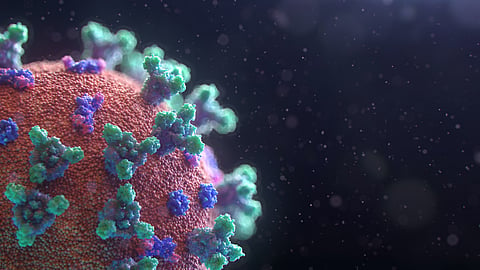Infectious Diseases - Historical Perspective
Infectious diseases have a long history and are caused by Microorganisms such as bacteria, viruses, and fungi. They can spread from person to person or from animals to humans. Some infectious diseases have been around for millennia, while others are relatively new.
The Black Death (bubonic plague) was one of history's most catastrophic pandemics. It killed an estimated 75 million people across Europe between 1346 and 1353 CE. This was roughly half of Europe's population at the time! The Black Death was caused by Yersinia pestis bacteria, which is spread through bite of infected fleas. Apart from the deaths caused by the bacteria, many people died because of famine and other secondary effects of the Pandemic.
Infectious Diseases - Present
Infectious diseases are currently in a state of flux. On the one hand, we have made enormous advances in treating and diagnosing infectious diseases; on the other hand, many of these diseases still continue to pose a substantial threat to the society.
Improved Diagnosis & Treatment: The development of vaccines, antibiotics, and other treatments has helped to control many infectious diseases, and we are now better equipped than ever to prevent and treat these diseases. Advanced diagnostic techniques & equipment with improved screening tests has enabled physicians to detect infections faster. For example, advances in PCR (polymerase chain reaction) technology enable clinicians to screen for viruses such as HIV with only a drop of blood.
Despite these breakthroughs in treatment options and diagnosis methodologies, many areas still require improvement if our society's overall health status quo is to stay stable in the long term.
The Social Impact of Infectious Diseases
Infectious diseases have had a profound impact on Society. In Industrialized Countries, Public Health & Medical Technology have led to lower Mortality Rates from Infectious diseases. However, these diseases can still have a societal & economic impact, due to lost production and increased healthcare expenses. Additionally, infectious diseases can influence how people interact with one another or with their surroundings.
For example, COVID19 has had a profound impact on society, which led to widespread Social-distancing, lockdowns, and quarantines. It claimed numerous lives, thereby causing Emotional, economic & physical impacts on the families and on society too.
It is important to understand the social consequences on Infectious Diseases in order to device effective Prevention and Control strategies.


